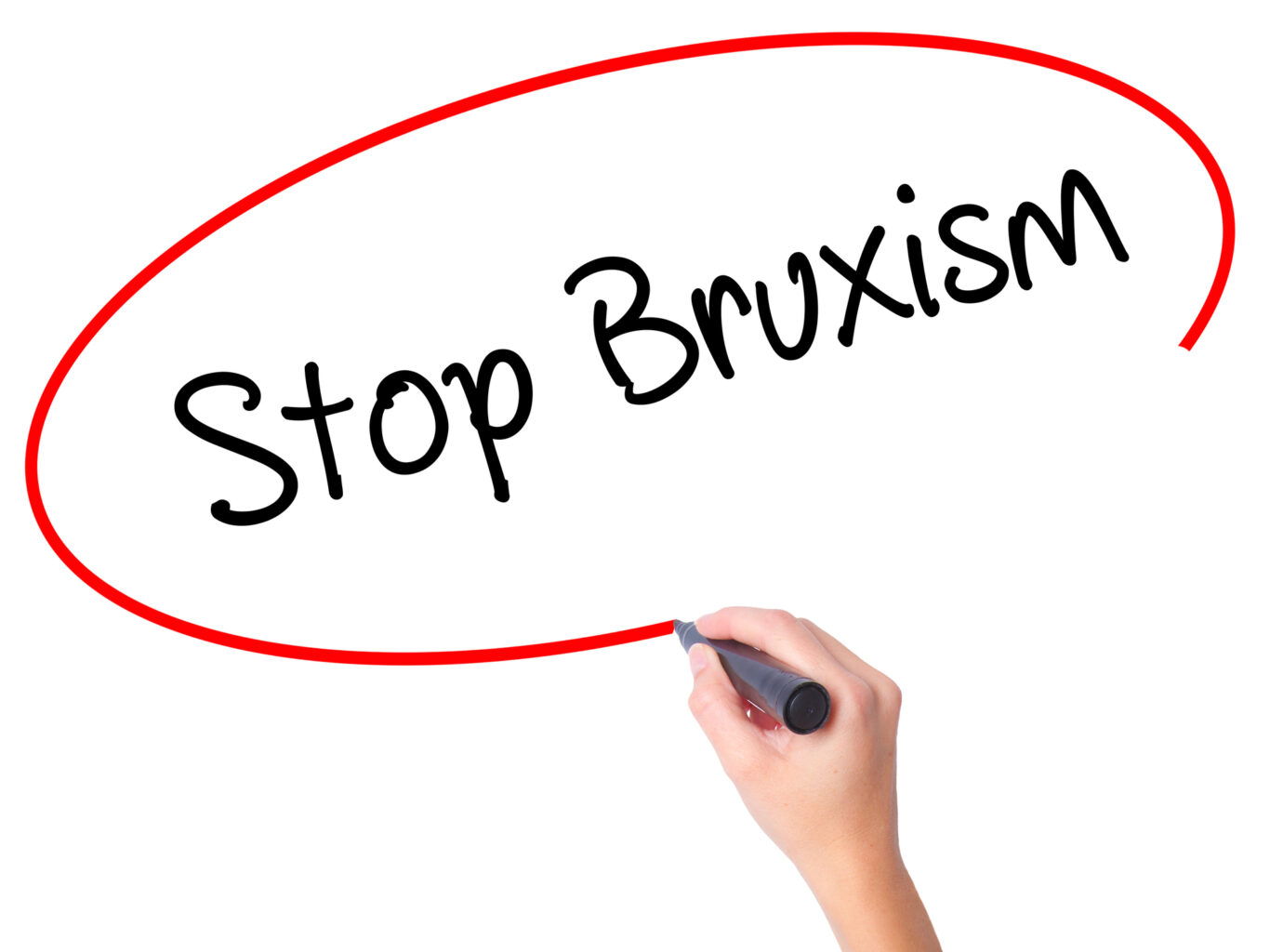
Bruxism, more commonly referred to as teeth grinding, affects 10% of adults and 15% of children in the United States, according to the American Sleep Association. Most people don’t realize they are grinding their teeth until a loved one notices it because bruxism typically occurs during sleep. The person will press their top and bottom rows of teeth together and move them side to side, creating a loud, harsh noise and causing damage to their dental enamel.
Other symptoms of teeth grinding include:
- Jaw pain
- Dull headaches (especially in the morning)
- Earaches
- Tooth pain
- Limited jaw movement
- Popping in the jaw joints
Without treatment, bruxism can have a severe impact on a person’s oral health and quality of life. That’s why Dr. Timothy Mickiewicz is so passionate about finding and utilizing effective treatments and management tools for teeth grinding.
For patients with differing levels of severity, Dr. Mick offers the following teeth grinding treatments:
1. Mouthguards
Stress, caffeine consumption, medical conditions, and medication can all contribute to teeth grinding. In addition to learning how to manage those conditions, a mouthguard or nightguard will be helpful in protecting the patient’s teeth from enamel erosion, chips, and gum recession.
These aren’t just any mouthguards, they’re custom-made to fit the patient’s exact bite so they are much more comfortable than generic, over-the-counter mouthguards. Additionally, the custom-fitted mouthguard won’t slip or move around in your sleep.
2. Orthodontics
Malocclusion or dental misalignment also attributes to bruxism. In these cases, orthodontic treatment is the most effective tool for minimizing or completely eliminating teeth grinding.
Orthodontic treatment may include traditional metal braces or Invisalign® and may be accompanied by AcceleDent® Optima to speed up the process.
By correctly aligning and straightening the teeth, the chances of teeth grinding are significantly reduced.
3. BOTOX® Therapy
Temporomandibular joint (TMJ) disorder is another cause of teeth grinding. BOTOX Therapy is a nonsurgical and noninvasive way to relax the jaw muscles and reduce teeth grinding. This treatment requires multiple appointments and provides relief for up to four months.
Home Remedies for Teeth Grinding
In addition to the above treatments, your dentist should discuss practical things you can do at home to reduce your risk of teeth grinding. Reducing stress and practicing jaw relaxation techniques is one of the most effective ways to do just that.
Here are some examples of home remedies for teeth grinding:
- Drink warm herbal or chamomile tea in the evening
- Mix Valerian essential oil and olive oil and massage the mixture into the jaw and neck area
- Diffuse lavender oil in your home or use it as a massage oil
- Create an exercise regimen to reduce your stress levels
- Take a warm shower or bath before bed
- Apply a warm compress to the jaw area to relax the muscles
- Drink turmeric milk approximately 30 minutes before bed
Talk to your dentist about other relaxation techniques to relieve bruxism.
Contact Our Sacramento Dentist
When it comes to teeth grinding, finding a dentist with years of experience and research is important. In the Sacramento, CA area, Dr. Mick is the dentist for alternative therapies, especially related to teeth grinding.
For over twenty years, Dr. Mick has successfully treated thousands of patients with dental and orofacial problems and trains other dentists to do the same.
Call our office today at 916-469-9178 to schedule your initial consultation.


